African flavors, made in Montreal
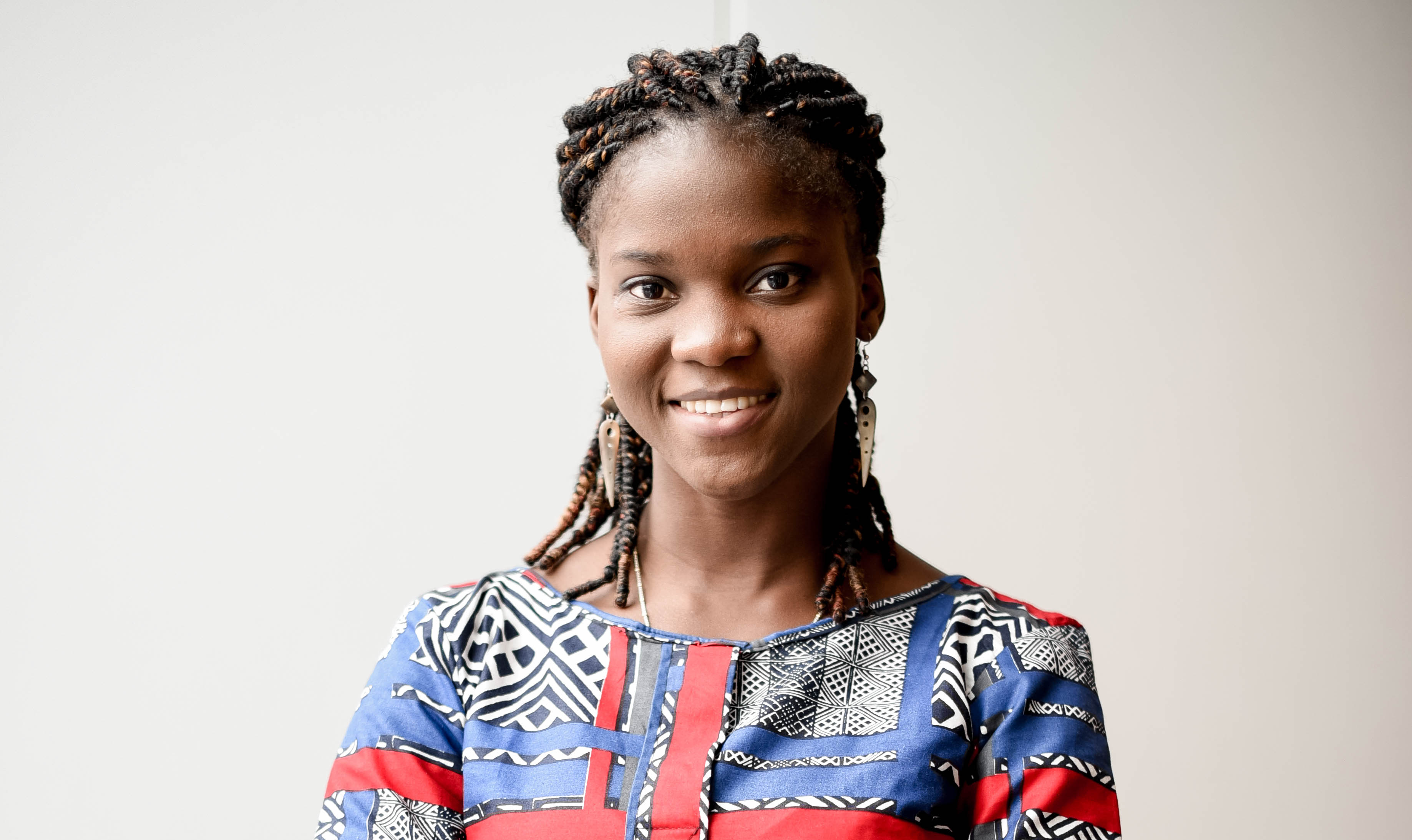
Hikmath is a dynamic, ambitious Montrealer who decided to become an entrepreneur and make other Montrealers discover her favourite drink, coming directly from her home country, Benin (West Africa).
Hibisko comes from the world “hibiscus”, a red flower that is emblematic of tropical destinations, but that can also be used in infusions. Hibiscus tea has been consumed in many parts of the world for ages – in Egypt it is called Karkade, in the Caribbean it is agua de Jamaica, and in West Africa, it is called Bissap and it is a traditional drink appreciated for its sweet and sour taste and deep red color.
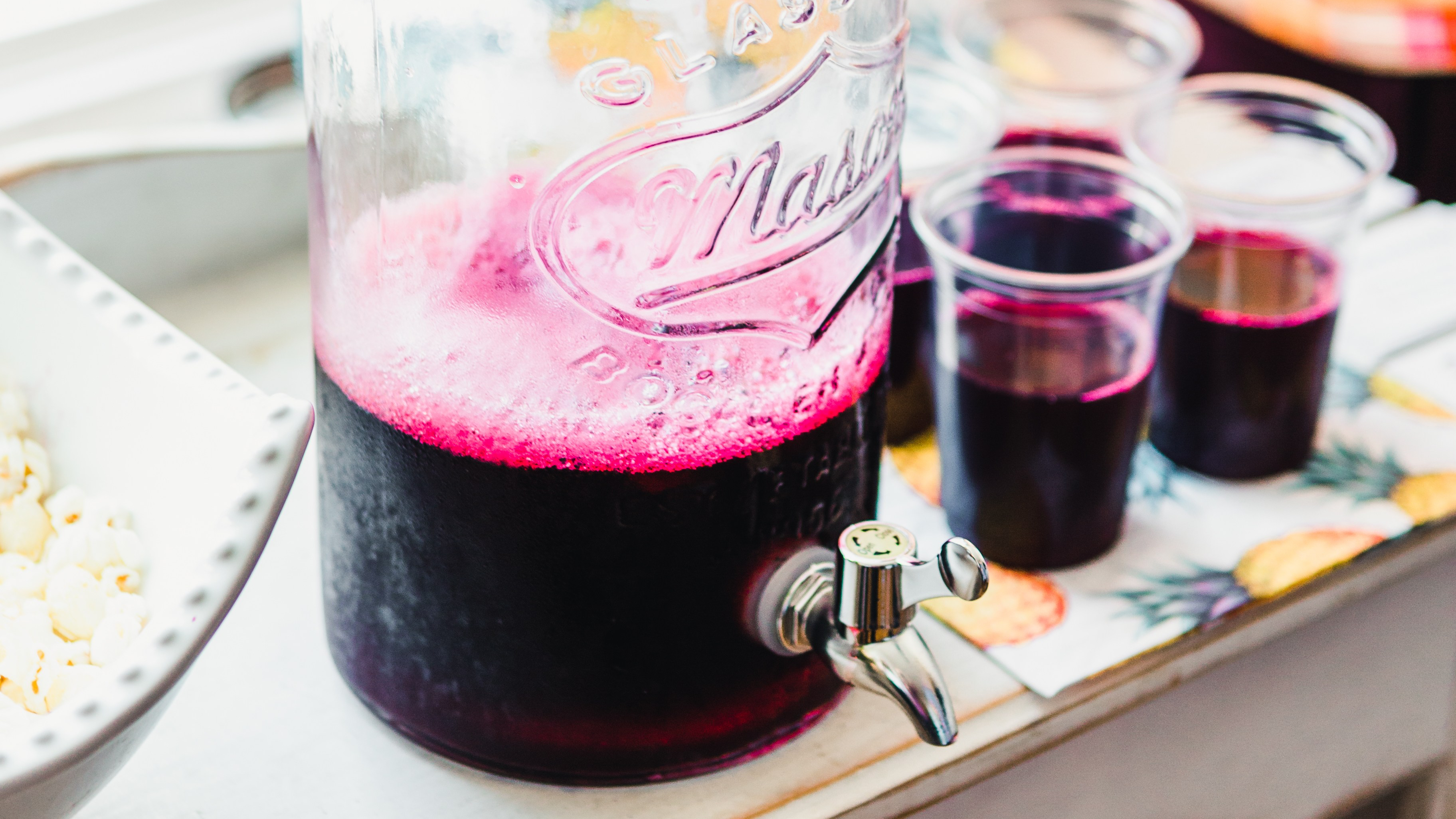
I had never thought of entrepreneurship before. My parents wanted me to be a doctor.
After growing up in Africa (Cote d’Ivoire and Benin), and studying in France, Hikmath came to Montreal for a fresh start: she began her studies at HEC in 2012 and after graduating, started working in IT. All along the way, she brewed bissap at home, keeping her habits from childhood.
An unquenchable thirst for new products
As Hikmath experienced life in a corporate world, the idea of making a business out of her hobby kept growing in her mind and she saw a fit with the market:
Montrealers love testing new drinks and new products that are healthy and locally made.
Given the current trend of kombucha (cf. Mannanova) and cold-pressed juices (cf. LOOP juices), such products definitely fit with consumers’ expectations and the growing demand for attractive and tasteful non-alcoholic products that are not produced and bottles thousands of miles away.
Hibisko offers three types of flavours: El Classico (a blend of hibiscus and mint infusion), Phoenix (a blend of red and white hibiscus with maple syrup, lemon an cinnamon) and Senshi (a mix of hibiscus, ginger and baobab extract)
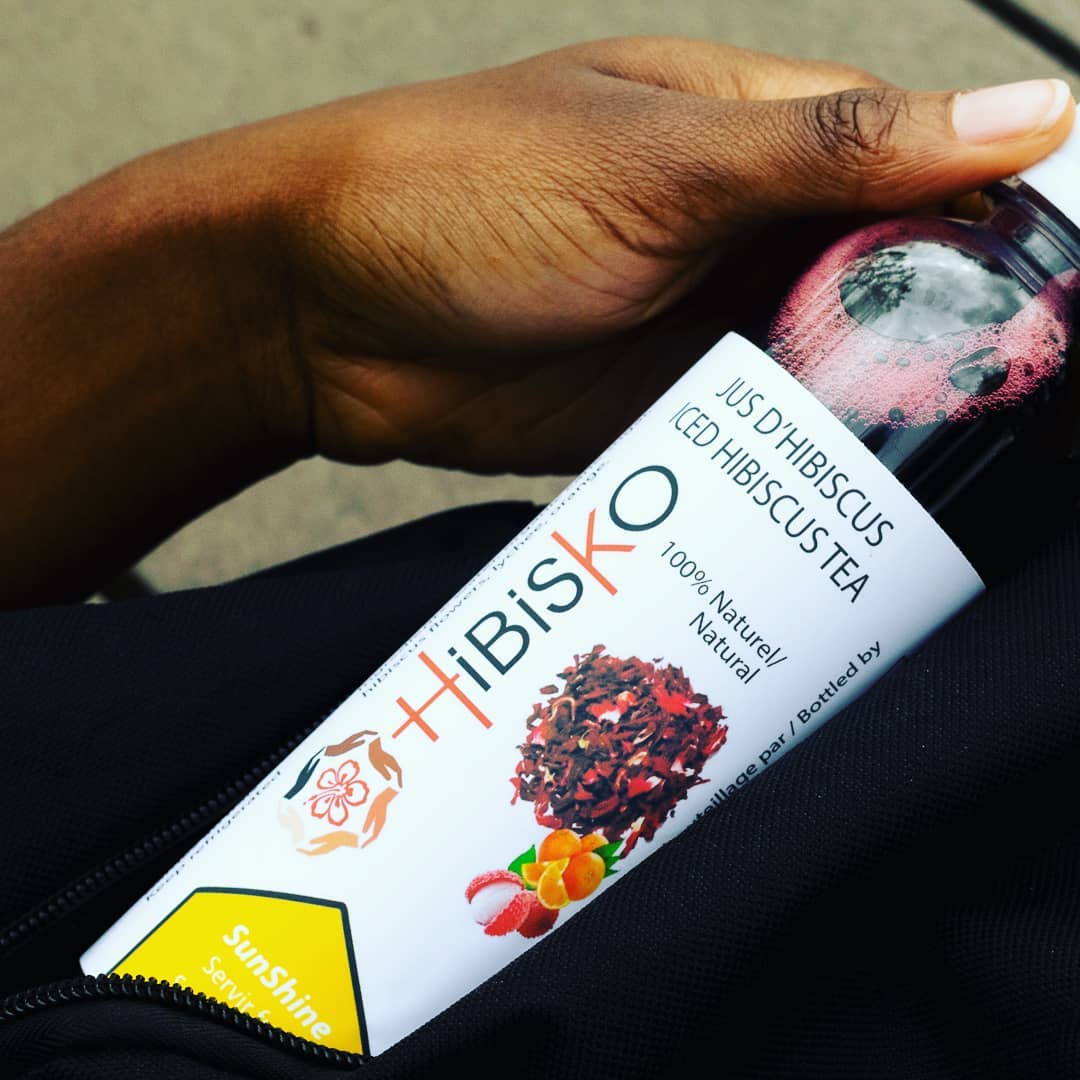
Home-made drinks. Home-made everything!
Yes, it is that simple: during the summer of 2018, Hikmath officially quit her job and started being a full-time entrepreneur. She went through a training in Hygiene and food safety and got a license from MAPAQ and she was officially allowed to start making and selling her product. All items are 100% home-made: the hibiscus is brewed, bottled, labelled, straight from Hikmath’s kitchen.
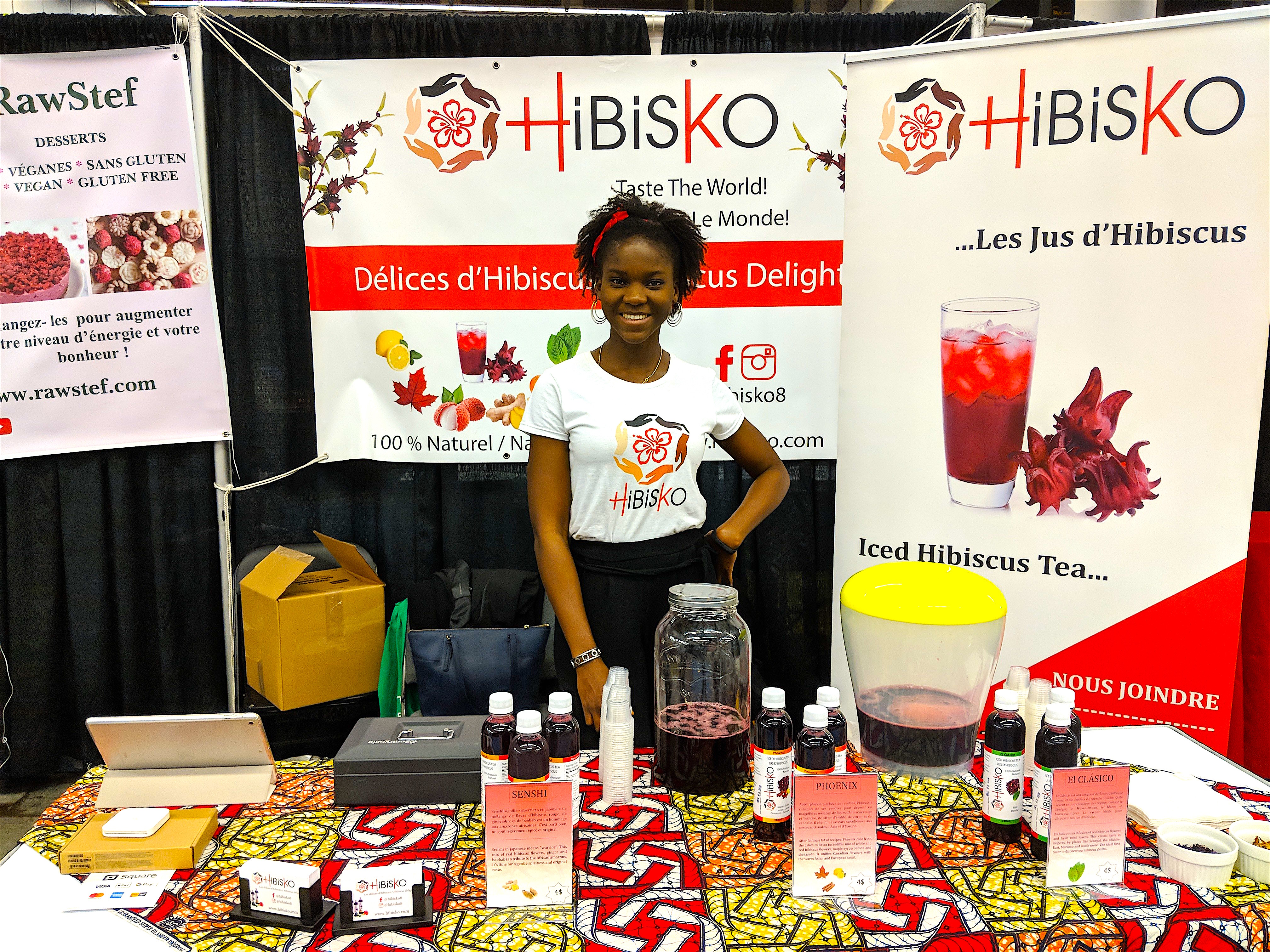
Selling the products online and at special events is a first step. The packaging is also subject to improvement and there is a lot to be done in sourcing raw materials. But I need to feel at ease with my product, take one step after the other, and be open to advice and positive criticism.”
For now you can buy Hibisko drinks online and follow the journey on social media.

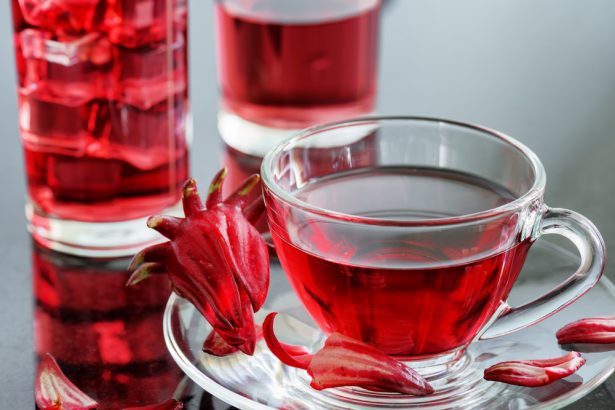
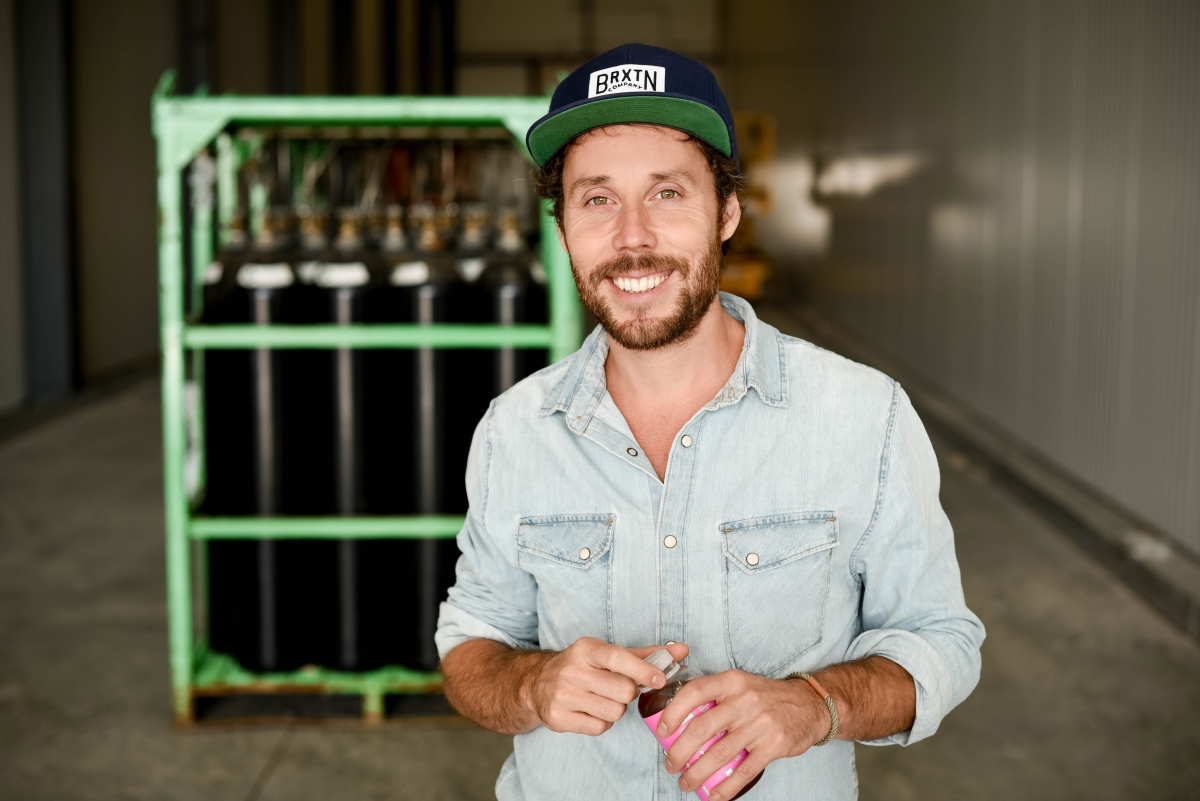

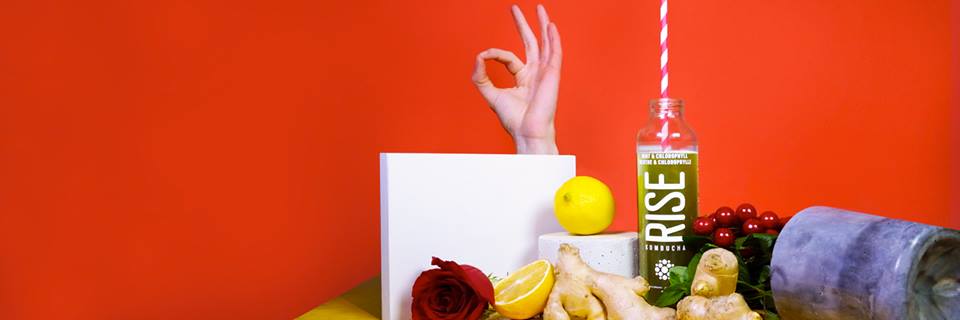
 David and Julie decided to open a cold-pressed juice company to fight against food waste. They met Frédéric Monette from
David and Julie decided to open a cold-pressed juice company to fight against food waste. They met Frédéric Monette from 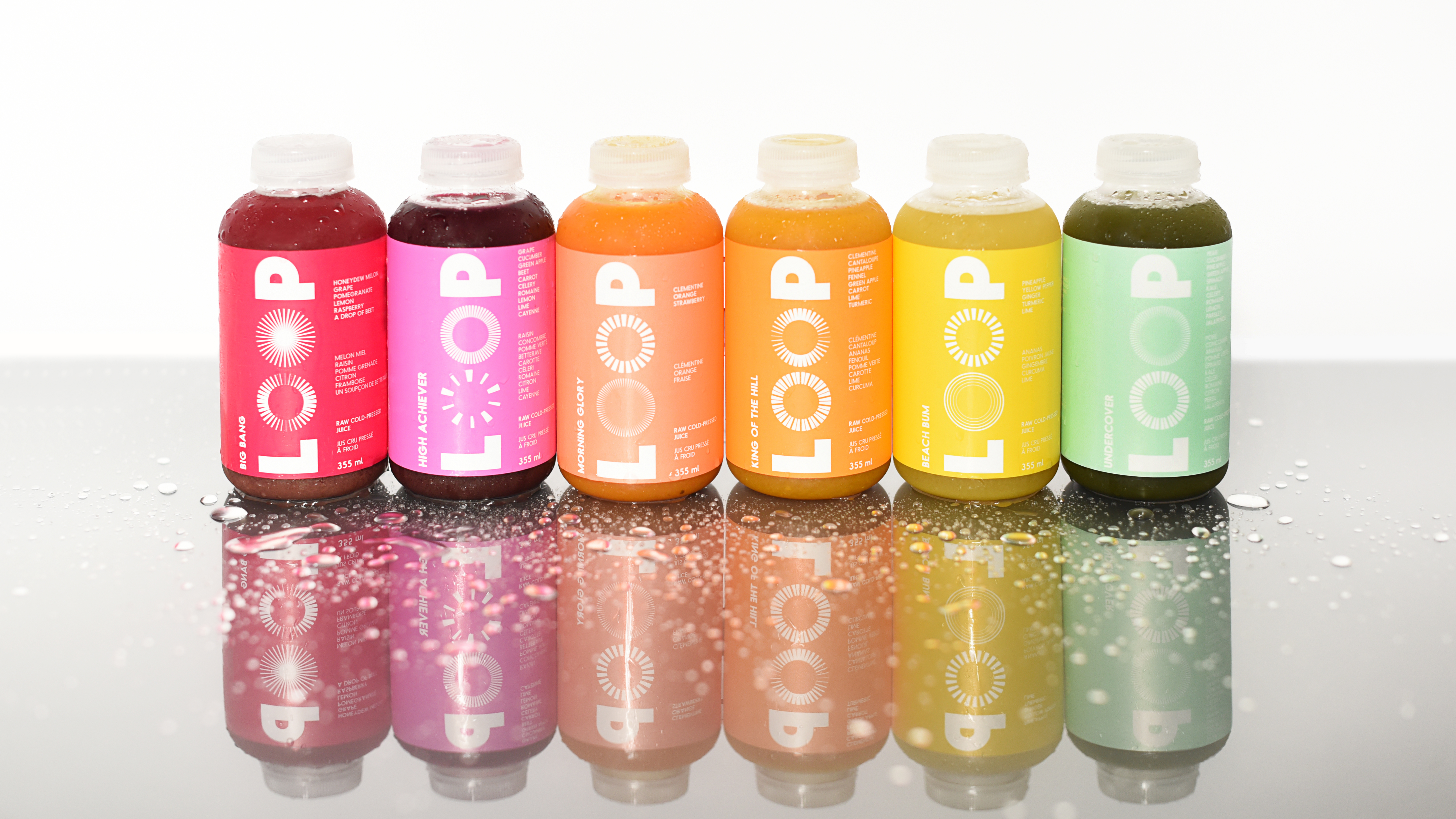

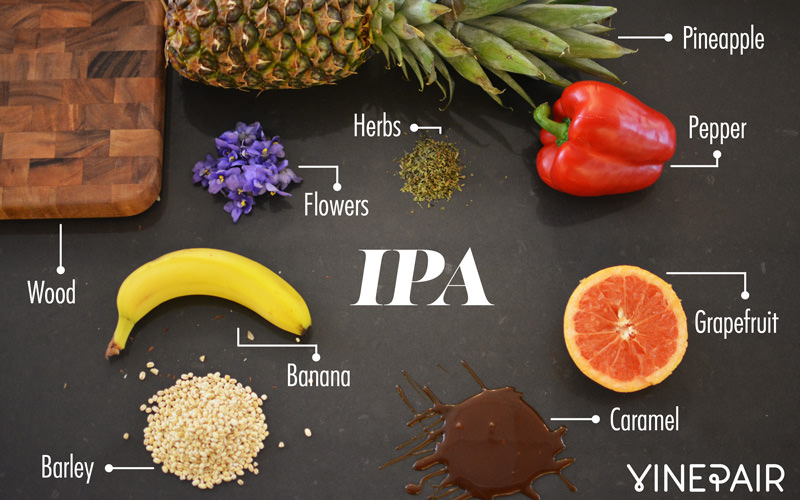
 Renaud analysed the market and clearly saw an opportunity to catch:
Renaud analysed the market and clearly saw an opportunity to catch:




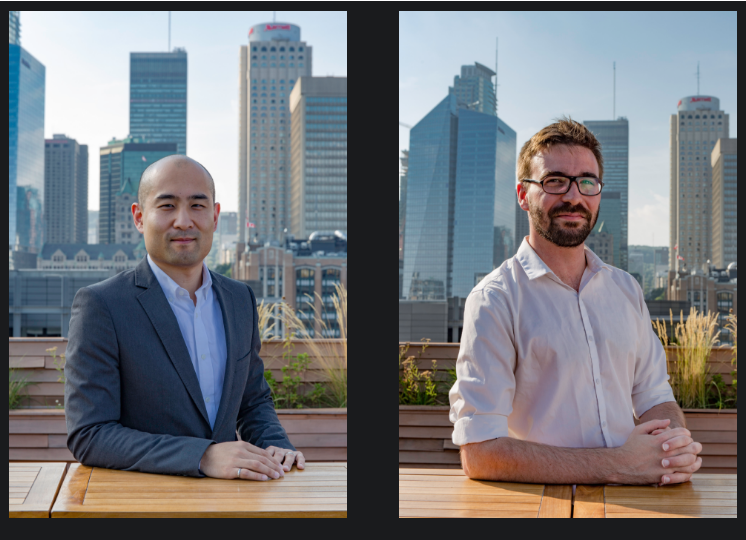
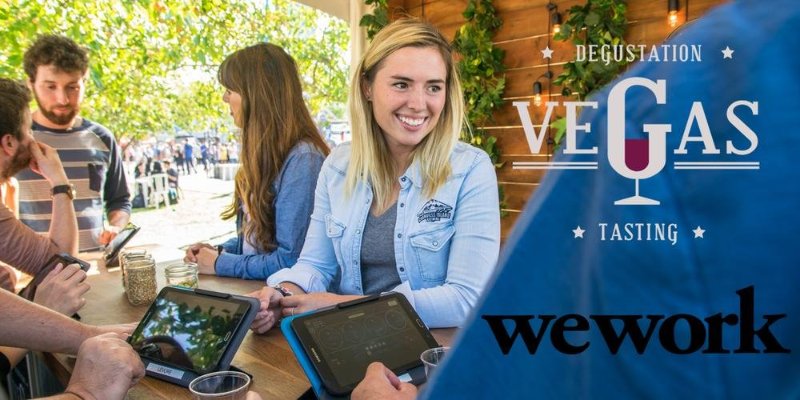
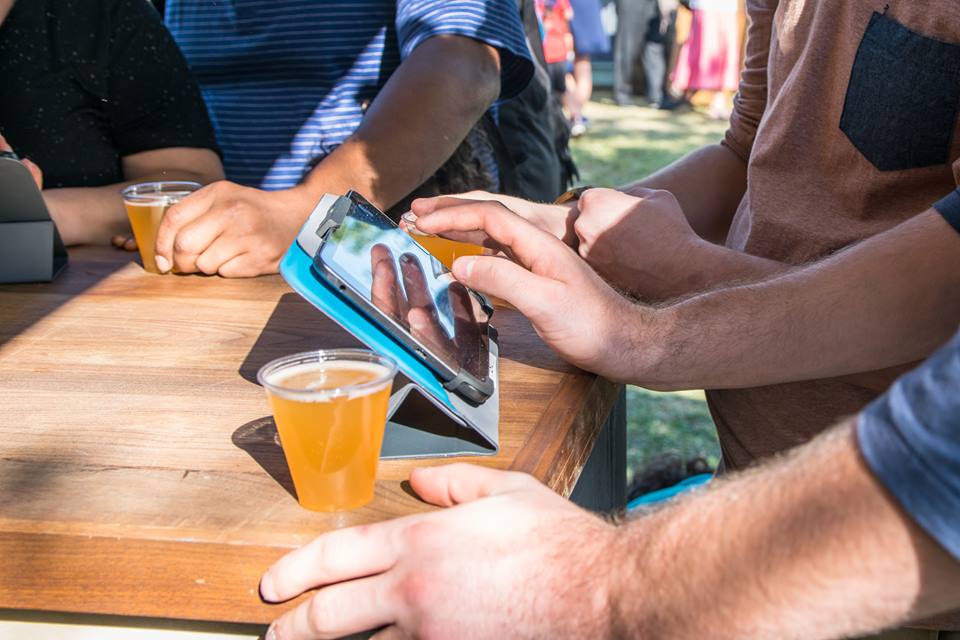 Wineout has started to think of ways to expand and added a beer tasting game to the app, which received much positive feedback at Mondial de la bière 2017. They are also exploring partnering opportunities to add other beverages such as coffee, spirits, and tea.
Wineout has started to think of ways to expand and added a beer tasting game to the app, which received much positive feedback at Mondial de la bière 2017. They are also exploring partnering opportunities to add other beverages such as coffee, spirits, and tea.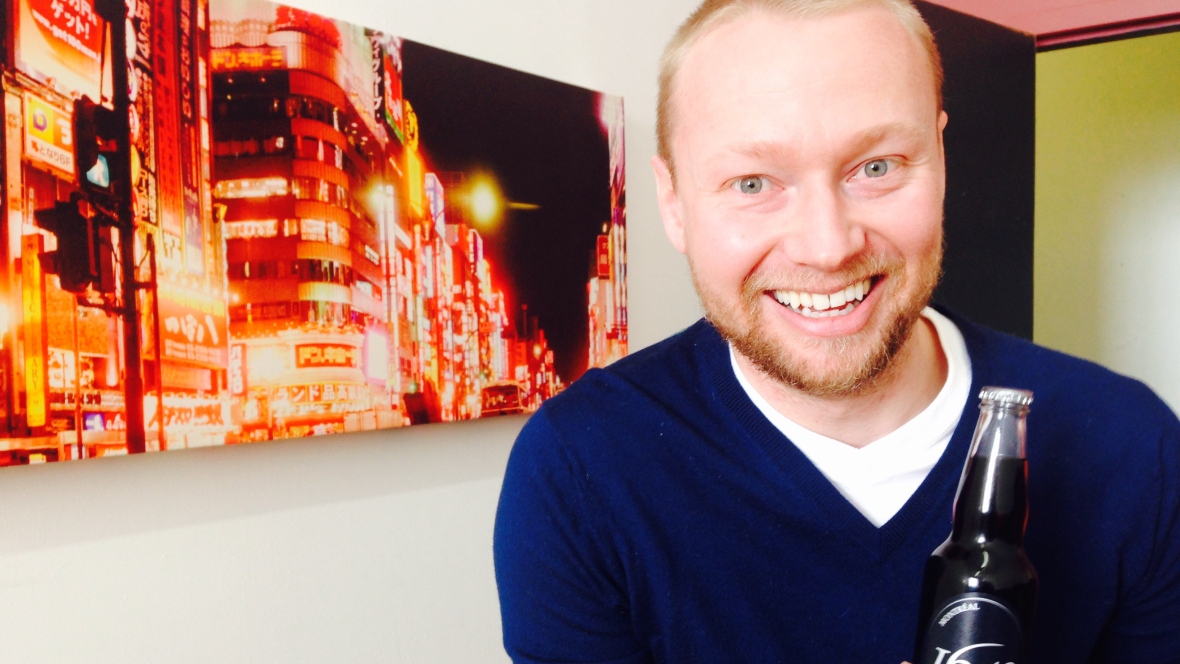 Bastien is not from Montreal but his heart now belongs to the city. Born in the French city of Rennes, he was raised in Brittany in a family of entrepreneurs.
Bastien is not from Montreal but his heart now belongs to the city. Born in the French city of Rennes, he was raised in Brittany in a family of entrepreneurs.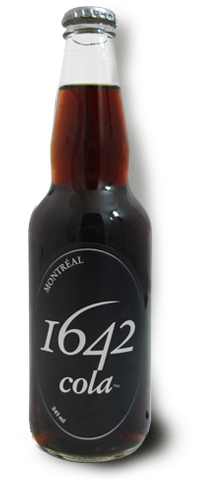 Producing alternative sodas is not a new idea and there are many examples in the world, such as
Producing alternative sodas is not a new idea and there are many examples in the world, such as 